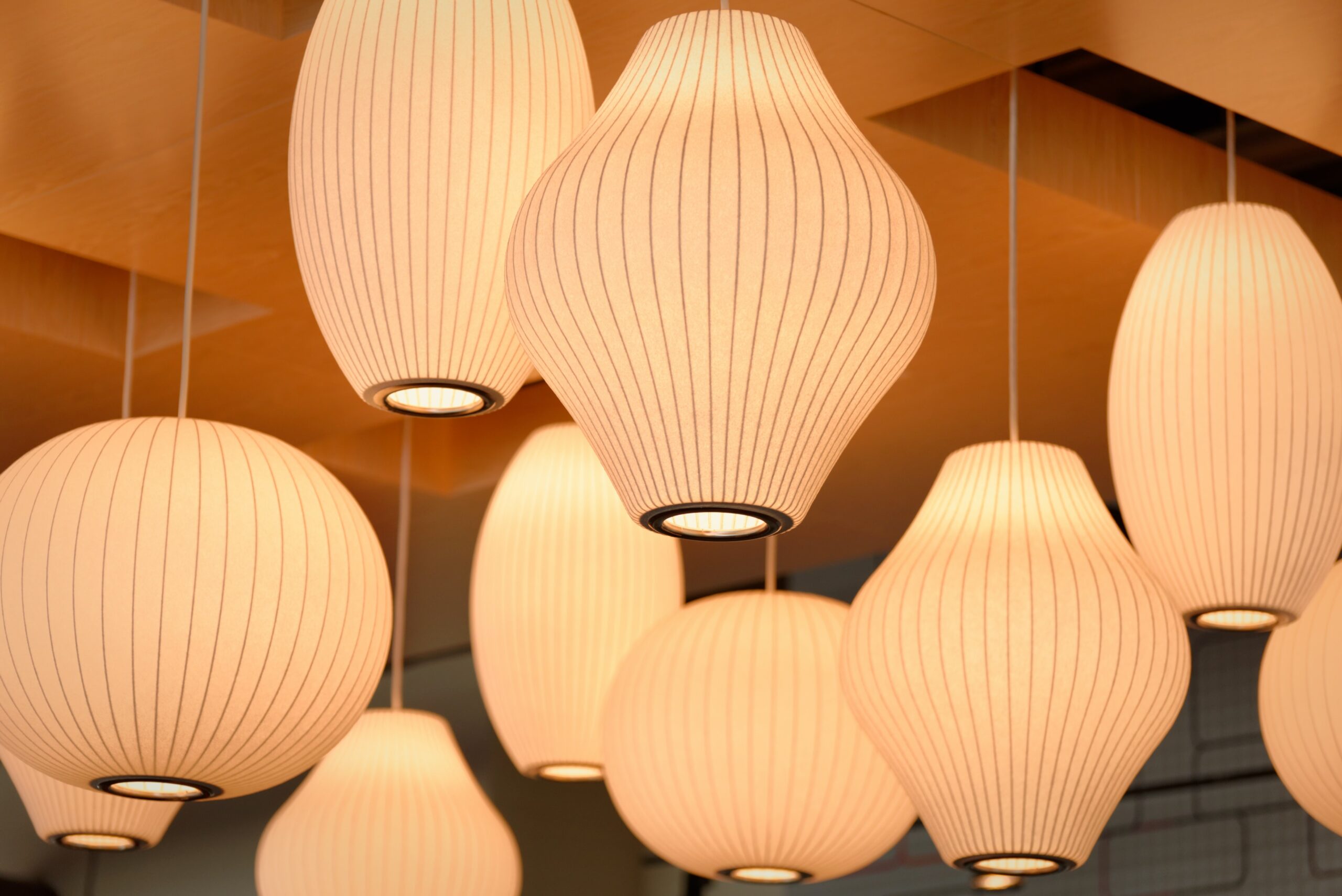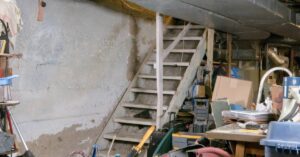
Losing power in your home is going to bring your life to a grinding halt and make everyday tasks nearly impossible. That is just one of the reasons why it is so important for every homeowner to have a multi-step plan that will help them deal with electrical issues.
Check the Breaker Box
Even if you live in a relatively new home, your electronics might still flip the breakers every once in a while. Also known as the electrical service panel, the breaker box protects your home from any sudden surge in electricity. Breakers typically flip when too much power is being drawn at once, and that might occur if you have multiple appliances running on a single breaker. If the breaker switch has flipped, then you will need to locate the box and switch it back on.
Take a Look at Nearby Homes
Flipped breakers are very common, but there could be bigger problems in your area. When your lights go out and the breakers aren’t flipped, you should head outside to see if there is power running to other homes and nearby street lights. In some cases, there might simply be a power disruption in your area, and that means you will need to wait for the utility companies to fix the issue.
Unplug Unnecessary Devices
If you live in an older home with outdated wiring, then you could have issues with the amount of power that you are getting. In an outdated home, it might be very difficult for the electrical panel to supply power to microwaves, washing machines, HVAC units, refrigerators, and other appliances at the same time. Until you are able to update your electrical system, you might want to go through each room in your home and turn off or unplug any devices that aren’t being used.
Contact an Electrician
The occasional tripped breaker or flickering light probably won’t require immediate attention, but you should contact an electrician if you notice ongoing problems. Electrical repairs are much easier to carry out when the issues are caught early on. Your electrician should also be able to give you an estimate for upgrading your electrical panel and wiring.
These few tips will help you deal with some of the most common electrical issues, but they won’t help you if you lose power for a longer period of time. If you live in an area that could potentially have long-term power outages, then you might want to consider investing in a larger residential generator that will keep your home powered during severe storms and other catastrophes.


